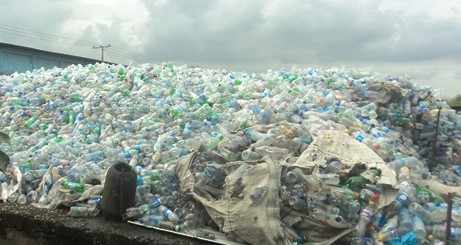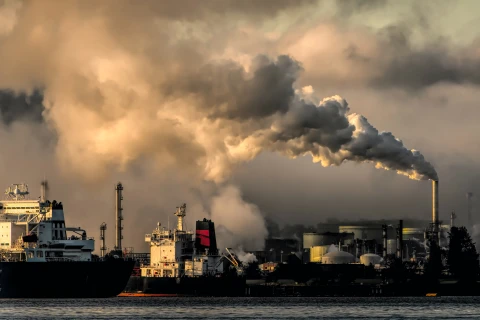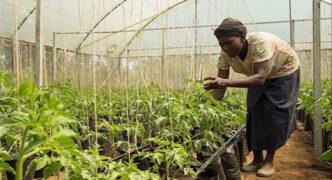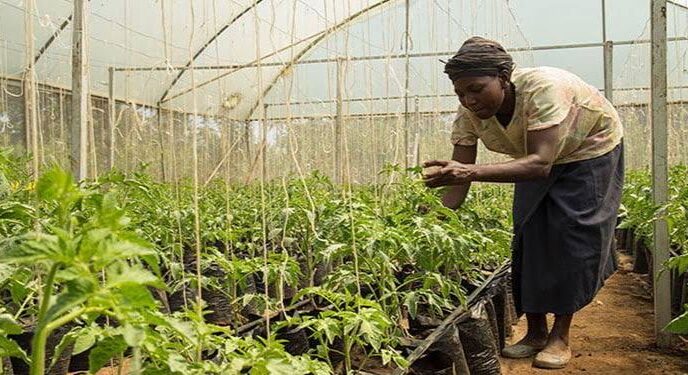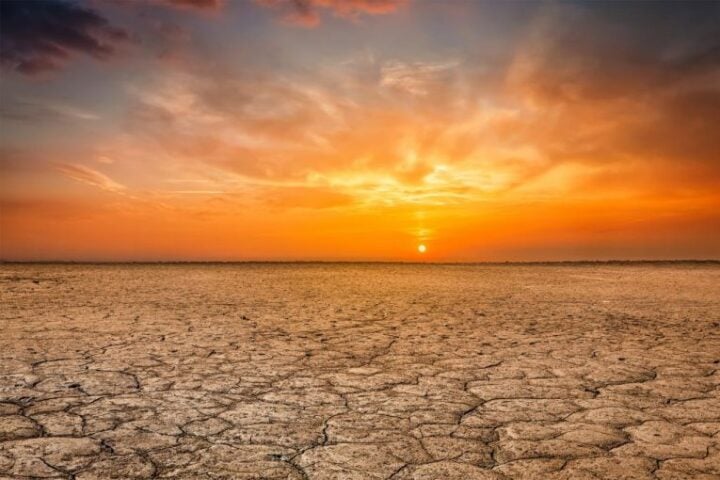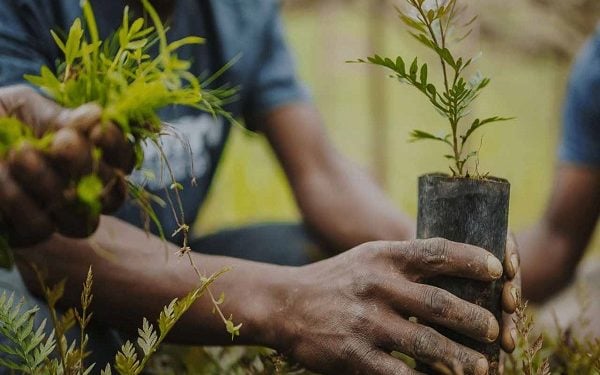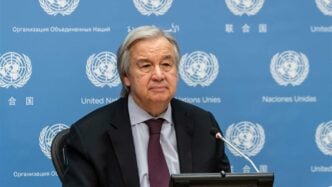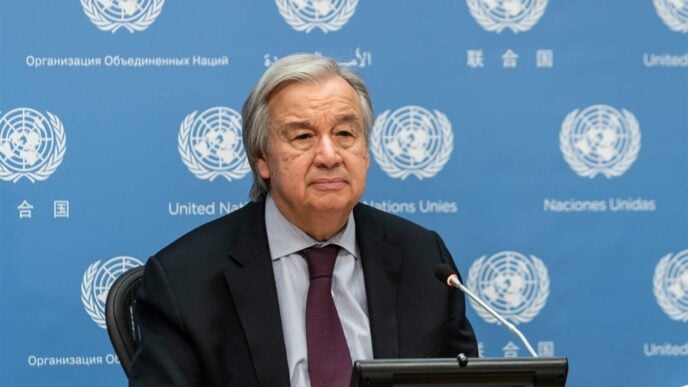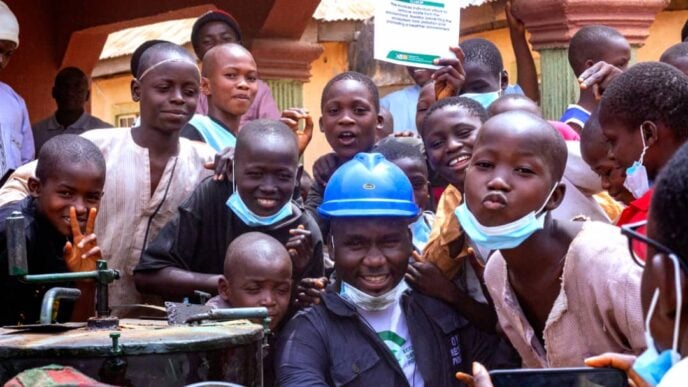Plastic waste
Despite directly impacting our communities, health, and livelihoods, climate-related reports usually take a back seat to dominant news beats like politics and business.
Climate Watch aims to ensure you never miss important stories on climate change and actions being taken toward limiting its impact.
Here is a round-up of last week’s climate stories:
- The US government has announced a plan to phase out the purchases and use of single-use plastics from all federal operations by 2035. The White House, in a statement on July 19, said the phase-out would start with a goal to end federal procurement of single-use plastics from food service operations, events, and packaging by 2027. The government said the new procurement policies represent the latest domestic initiative aimed at tackling the issue of plastic pollution. It highlighted several policies announced in the past that are designed to address various aspects of plastic pollution, including fossil fuel-intensive polymer production, recycling efforts, and the removal of plastic waste from oceans. Brenda Mallory, head of the White House council on environmental quality, said the changes would “require unprecedented action at every stage of the plastic life cycle”. The White House added that because of its purchasing power, “the federal government has the potential to significantly impact the supply of these products”. Already, 12 states in the US, including California, Colorado, New Jersey, and New York, have adopted plastic bag bans.
- Last week, millions of tax-paying Canadians received an installment of this year’s national carbon price rebate. The carbon rebate, previously known as the climate action incentive, is intended to offset the cost Canadians pay in carbon pricing when they purchase petrol. This rebate rolls out quarterly on the 15th day of the month, with the first one being in April. Provinces where fossil fuels account for a greater share of electricity have higher carbon rebates because those consumers pay more in carbon pricing. The Prime Minister of Canada, Justin Trudeau, said it is “the most cost-effective and proven way to cut emissions”. Read more here.
- Securecycle Environmental and Climate Change Initiative (SECCI), a non-governmental organisation (NGO), launched a green hive hub on July 17 to advance environmental awareness. Emmanuel Kilaso, SECCI project lead, said the launch in Ogun was to promote climate awareness and sustainable development in the state. Kilaso emphasised the importance of collective action in preserving the environment, noting that Nigeria has what it takes to curb the climate crisis it is grappling with. Read more here.
- Hannah Jones, the CEO of the Earthshot Prize, a global environmental initiative founded by Prince William, says 400 Africans were nominated for this year’s awards. The 2024 Earthshot Prize is in partnership with MultiChoice. Jones said 15 finalists would be announced at the UN General Assembly in September. She said the award would see five winners in oceans, nature, clean air, waste, and climate go home with a prize money of £1 million each. Find out here.
- On July 21, the National Emergency Management Agency (NEMA) said 1,664 people were affected by floods in communities in Gada LGA of Sokoto state. NEMA said the flood occurred on July 17 and affected Dantudu, Balakozo, Gidan-tudu, and Tsitse communities. The agency said its Sokoto operations office assessed the situation and found out that the flood affected a lot of residents. Find out more here.
Advertisement
